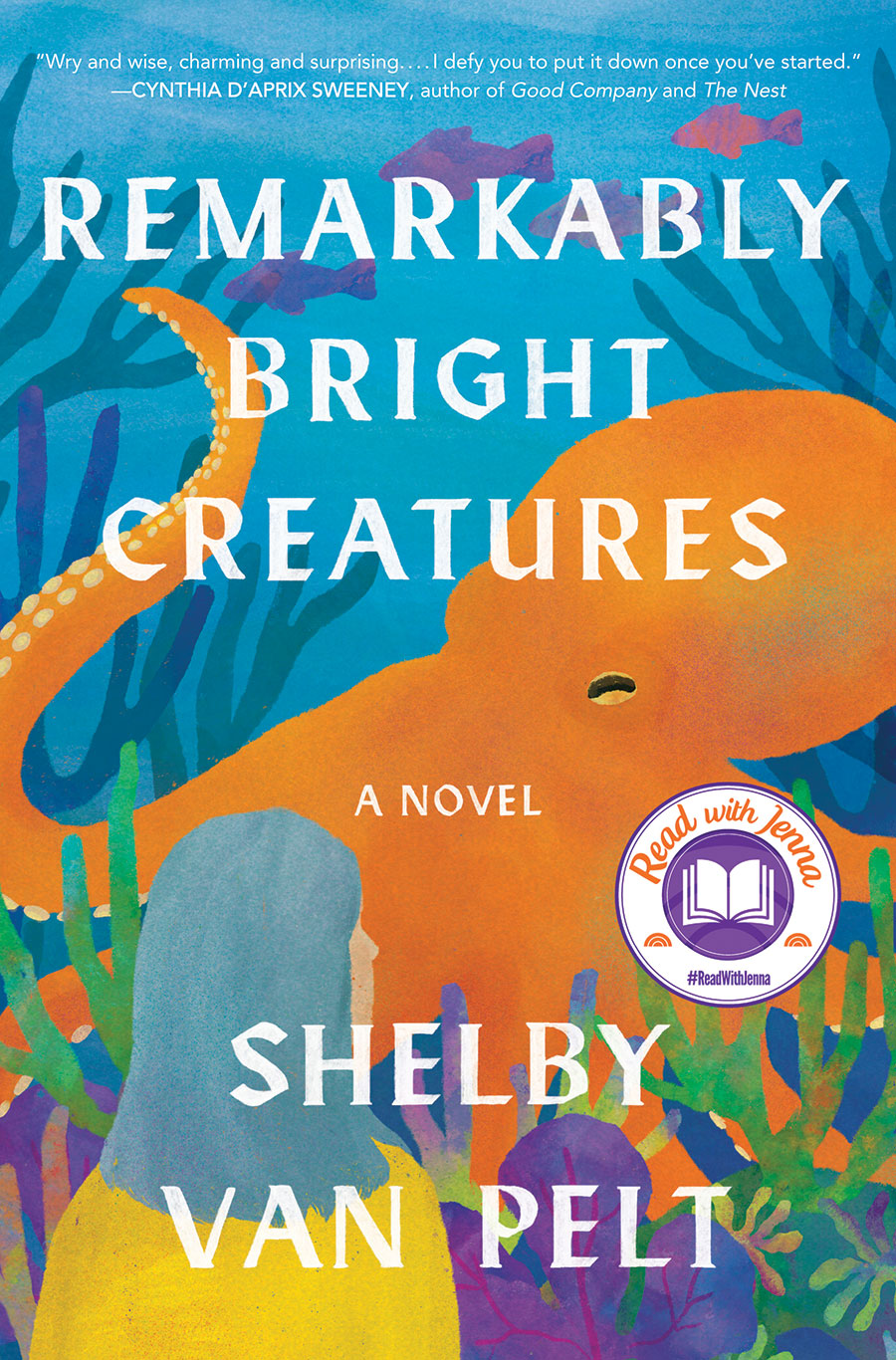Author: Jodi Picoult
# of Pages: 480 (hardback)
Genre: Adult Fiction, Contemporary, Drama
Rating: ★★★★☆
Synopsis: Ruth Jefferson is a labor and delivery nurse at a Connecticut hospital with more than twenty years' experience. During her shift, Ruth begins a routine checkup on a newborn, only to be told a few minutes later that she's been reassigned to another patient. The parents are white supremacists and don't want Ruth, who is African American, to touch their child. The hospital complies with their request, but the next day, the baby goes into cardiac distress while Ruth is alone in the nursery. Does she obey orders or does she intervene?
Ruth hesitates before performing CPR and, as a result, is charged with a serious crime. Kennedy McQuarrie, a white public defender, takes her case but gives unexpected advice: Kennedy insists that mentioning race in the courtroom is not a winning strategy. Conflicted by Kennedy's counsel, Ruth tries to keep life as normal as possible for her family—especially her teenage son—as the case becomes a media sensation. As the trial moves forward, Ruth and Kennedy must gain each other's trust, and come to see that what they've been taught their whole lives about others—and themselves—might be wrong.
Review: I wavered a long time between giving this book three and four stars.
Similarly to Picoult's A Spark of Light, Small Great Things addresses the relevant, hard hitting problem today of racial discrimination. Most of her book is full of pointed messages/lesson regarding racial discrimination. At the end of the day, her characters are merely a means for her to deliver her message on racism (and the different ways it can manifest itself). While the book's lesson is an important one, the challenge for the author is to execute this mission while still writing a story with characters and dialogue that seem realistic. Unfortunately, this is not always the case; at times, Small Great Things read like a Grey's Anatomy episode whenever the characters have their structured, politically correct conversation on controversial topics.
A big problem with her A Spark of Light novel was the POV switching - too many perspectives, and each switch made me wish I could read a different character's POV instead. Small Great Things has first person POV switching. Some of the less desirable aspects were still present; Picoult would go over the same scenes from a different perspective, and the reader learns nothing new from this new perspective. However, what was better in this book is that Picoult limited the POVs to three characters: Ruth, Kennedy, and Turk. With the exception of the parts where the perspectives overlapped too much, the POV switching actually well for this story. All three characters come from different walks of life: an African American nurse living in a white world, a white public defender who believes she doesn't see race, and a white supremacist. Their internal thoughts were valuable in contributing the plot and the message, so although I generally don't enjoy books with POV switching, I didn't have too many complaints in this case.
Because there are only three perspectives, this book does a better job at developing the characters. Each major character had a larger slice of the book compared to A Spark of Light, which left room for more personal moments (that are meant to build context/character rather than directly attribute to the plot) to be included for each. I felt more connected with each of the characters, which made me more emotionally invested.
In Picoult's author's note, she recognizes that this book will be heavily scrutinized; how can a privileged white woman write a black woman's story? I am not in a position to judge how accurate her depiction of a black woman's life is, whether the medical/law aspects are realistic. However, I do believe she wrote a book that presented it well to her target audience: the white community "who can very easily point to a neo-Nazi skinhead and say he's a racist...but who can't recognize racism in themselves" (Picoult 460). Many people do not realize what passive racism is, and Picoult does a great job at bringing this to light through Kennedy.
Overall, I thought this book was a good read. I would recommend this book if this is a topic you are interested in reading more about. However, if you are looking for an escape from the stresses and injustices of the world, this is not your book.










No comments:
Post a Comment